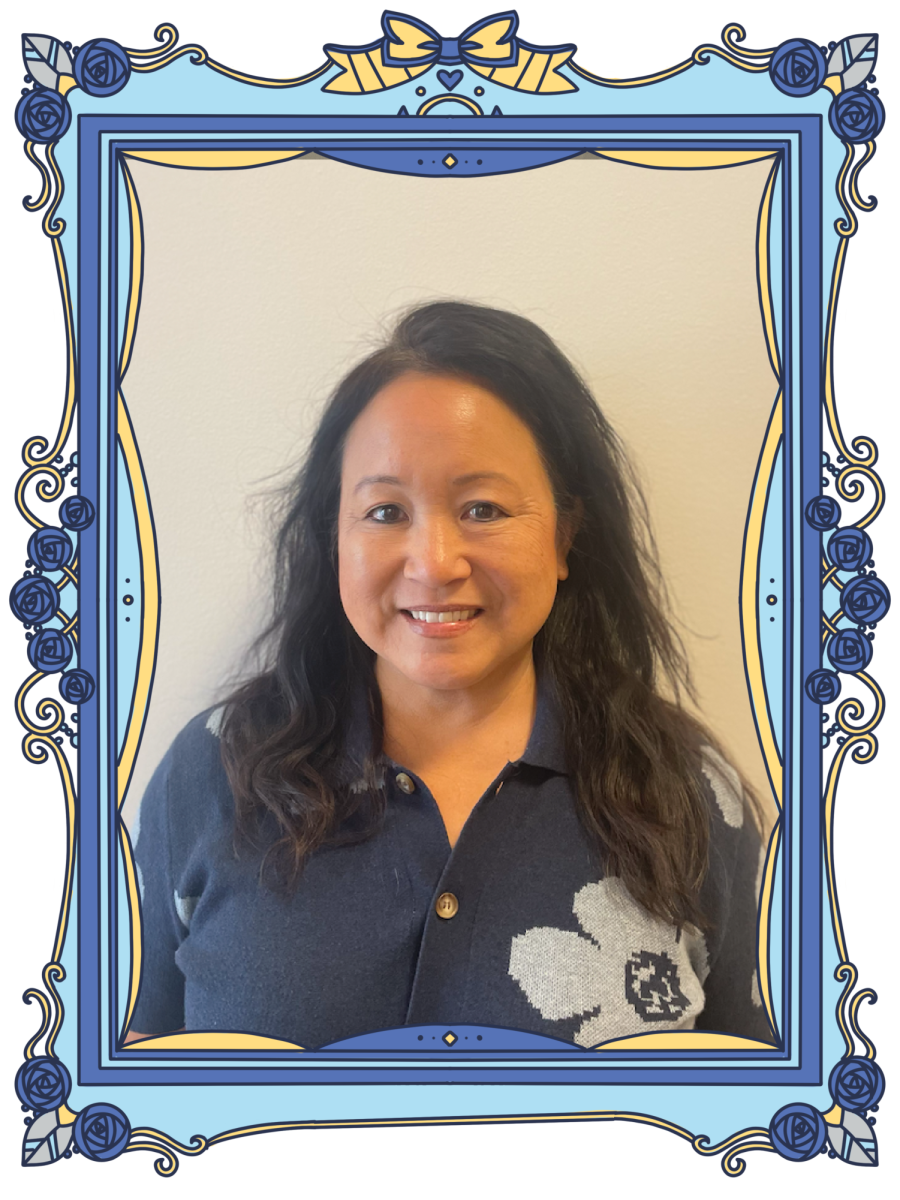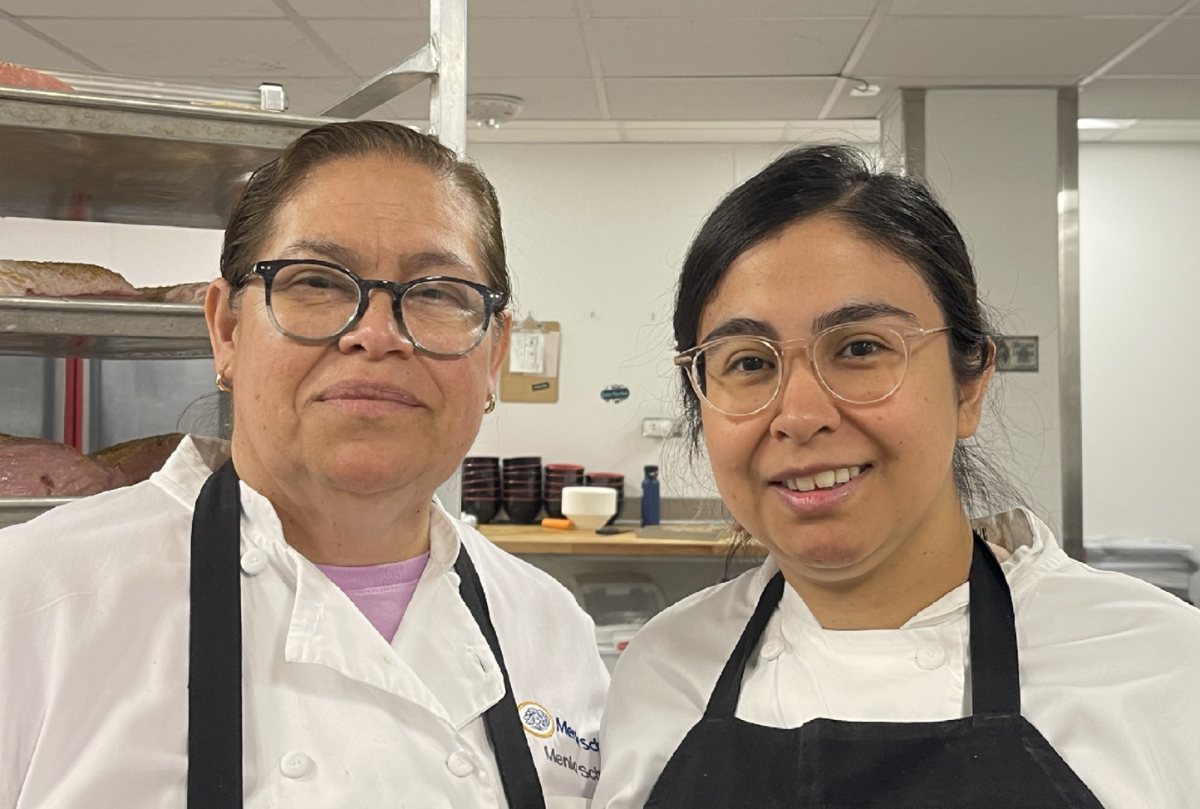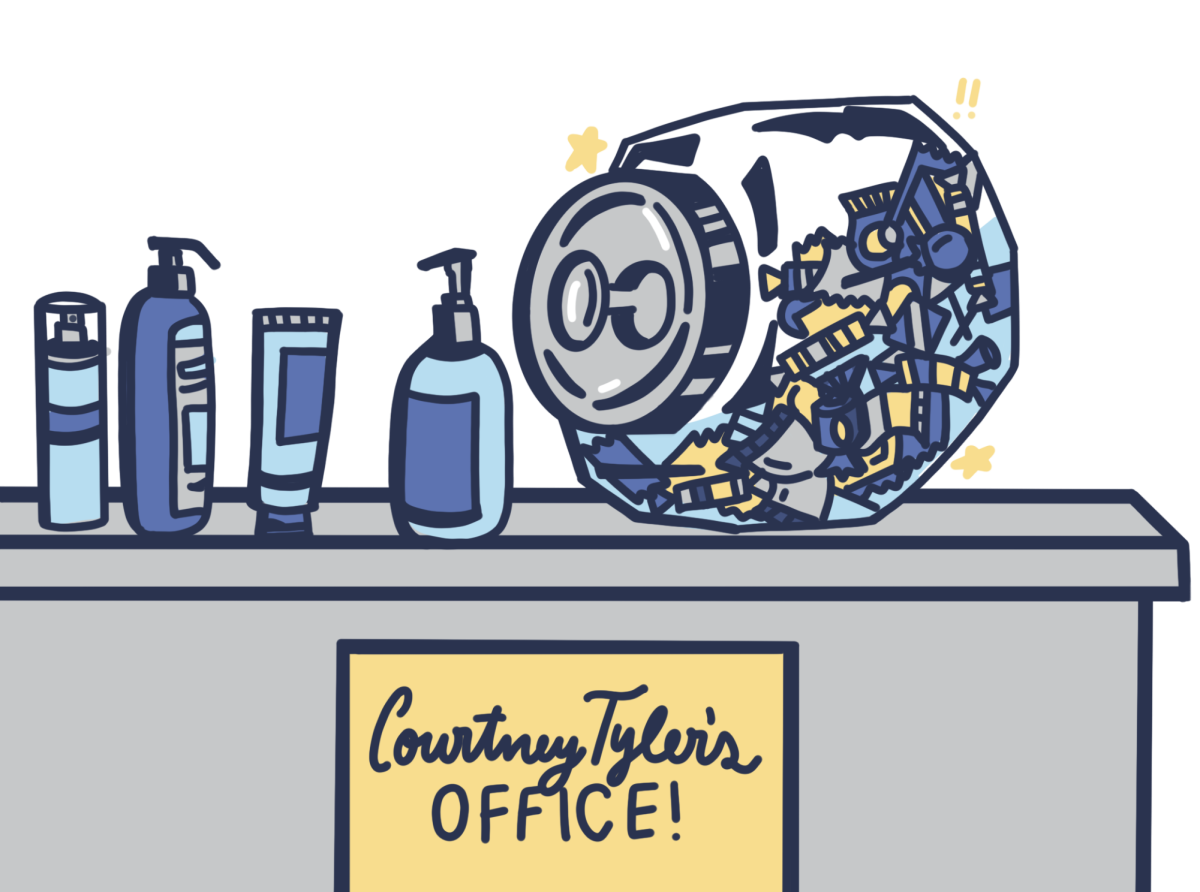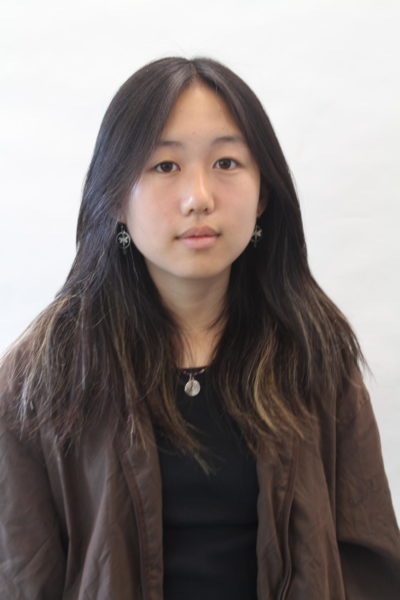It took junior Kirin Debnath two eight-hour sessions with an outside psychologist to complete the evaluation needed for him to receive learning accommodations. “They had me do many, many different puzzles,” Debnath said. “It was just a bunch of different things that […] mapped out my cognitive abilities.”
Educational testing is the national standard for diagnosing learning differences, making it just one step in a multifaceted process students must go through to receive learning accommodations at Menlo if they do not enter the school with accommodations. At the same time, Academic Coordinator Lily Lam and Director of Learning Resources Ryan Dean work together to make the process as seamless as possible for students.
Part of this process requires involving an outside psychologist. “Ms. Lam and I will work with families to refer them to outside educational psychologists we trust […] we read the evaluation report […] and will try to accommodate in keeping with the best recommendations for any diagnosis they may receive,” Dean said.
Seeking outside help is necessary because, while Dean and Lam can provide some tests on campus, both are ultimately not qualified to perform tests that would result in a concrete diagnosis. “We can offer some assessments here on campus. […] Ours are one of diagnostic tools to determine whether or not they should go through with testing,” Dean said. “We certainly understand how to read and interpret reports. But we don’t have the authority of the state to conduct this [educational] test.”
According to Dean and Lam, Menlo offers some financial aid to parents who must turn to outside psychologists for educational testing. “We don’t want testing if it’s […] cost prohibitive, so we’ll do everything we can to make it happen for the family,” Lam said.
A student’s designated learning accommodations will largely depend on the results of their educational testing, which arrives in the form of a report that Dean and Lam read and interpret. Depending on these results, students may be denied learning accommodations.
“A student might not meet the psychometric definition of a student with a disability. We will say there are some things we can offer you but we may not be able to offer you all the accommodations,” Dean said.
Still, to ensure objectivity, Dean and Lam will also send a student’s testing results to the College Board for review. “We want it to be the fairest process […] possible. […] We want [accommodations] to align with what the College Board would give them and what college would give them going forward,” Lam said.
Aligning accommodations means Dean and Lam must use the College Board’s metrics to determine the accommodations Menlo gives. “When we send our application to the College Board, including the student’s Menlo plan, and their educational testing report, […] they may say no,” Dean said. “We will tell a family, unfortunately, we’re not going to be able to offer you accommodations at Menlo.”
According to Dean and Lam, linking Menlo’s accommodations to the College Board’s standards is crucial not only to prevent a disconnect between standardized testing accommodations and school accommodations, but also because colleges and universities use the College Board’s standards to determine what accommodations a student receives beyond Menlo.
Dean and Lam’s efforts to make receiving accommodations a smooth process for students have paid off for Debnath. Before entering high school, Debnath lacked an official ADHD diagnosis and did not receive any accommodations. “I came from a public middle school where I definitely had to fight tooth and nail for everything. […] But the nice thing about Menlo is that once I told them about my ADHD recommendations, they kind of handled the entire process,” Debnath said.
Junior Jordana Lenihan already had a plan for her learning accommodations coming into Menlo, but similarly found the process to be seamless. “Coming into Menlo, Mr. Dean and Ms. Lam did a great job, like, talking to my parents about it and making sure that all my accommodations just stayed up to date,” Lenihan said.
Like Debnath, Lenihan feels that the process for receiving learning accommodations at Menlo differs from public schools. “Menlo […] had the support system where […] when I go into college, [learning accommodations] are still there,” Lenihan said. Lenihan notes that if she had gone to a public school, she believes she would not have received the assistance needed to get accommodations beyond high school.









